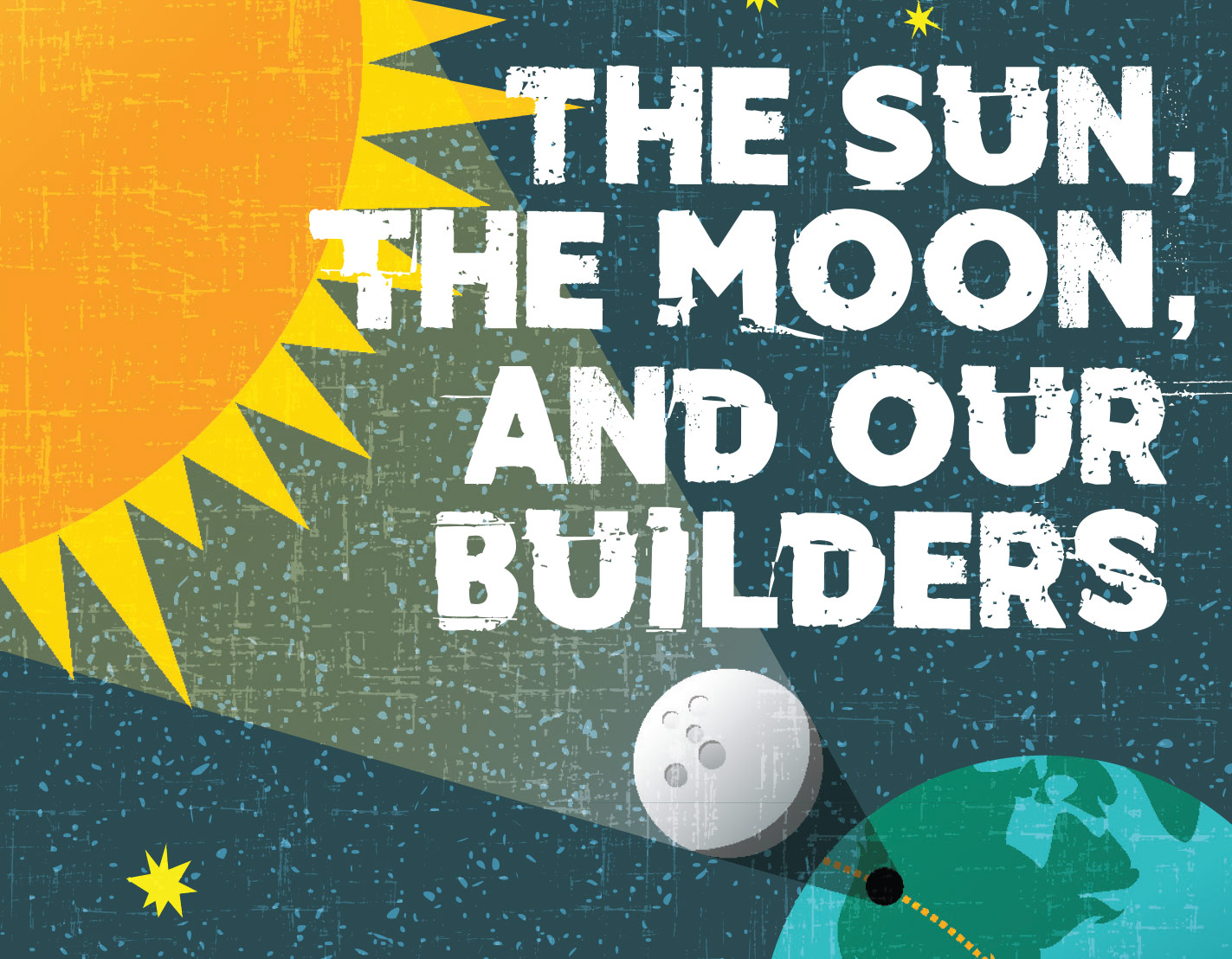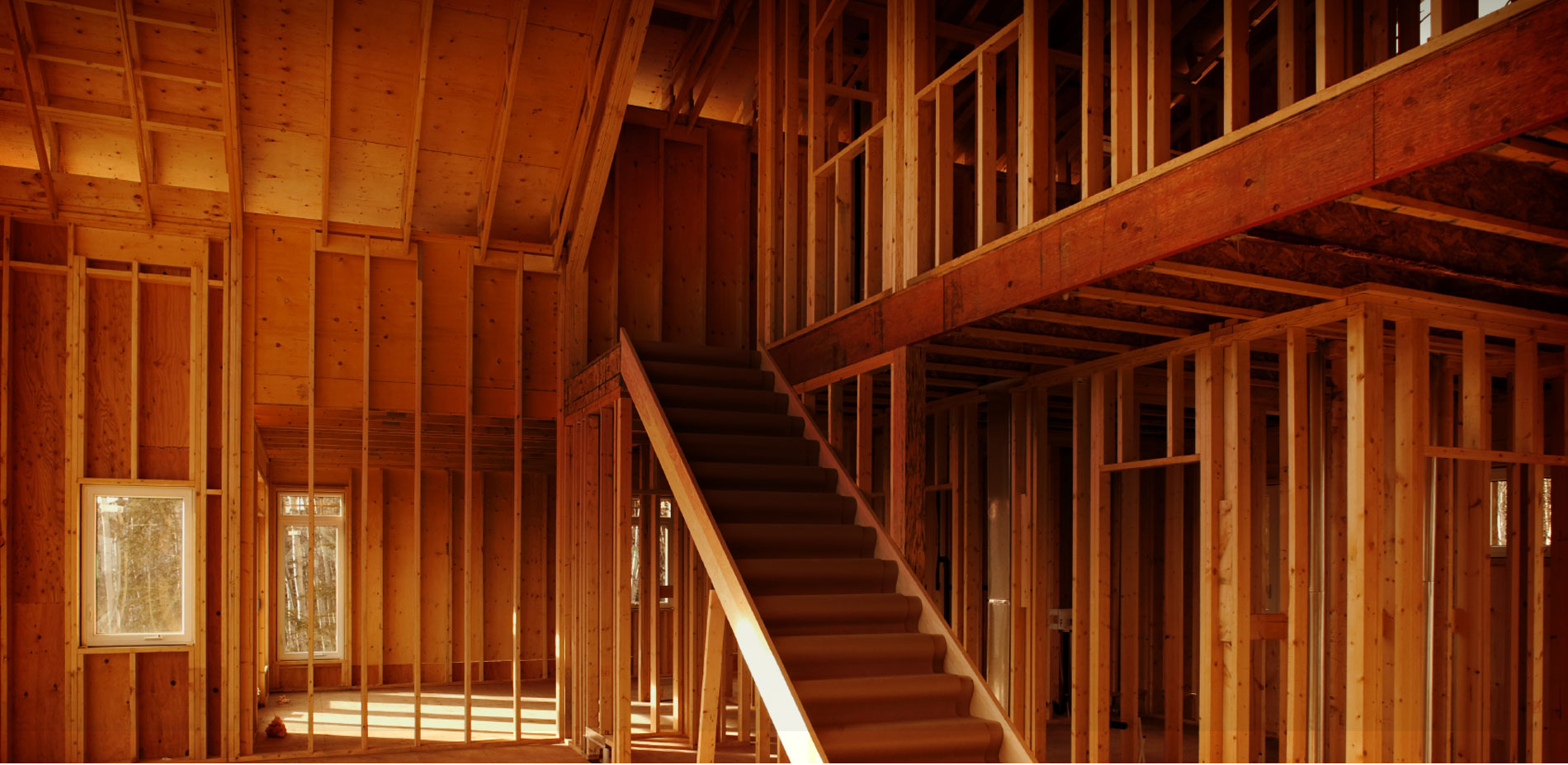The Sun, The Moon, And Our Builders
 Millennia ago when solar eclipses caused the world, or at least the little piece of it occupied by a primitive culture, to slip into darkness as the sun disappeared in the middle of the day, ancient man often saw it as a mystical battle among gods or as an omen of bad times to come. Ancient Chinese believed that a dragon had attacked and devoured the sun. In India, a common belief was that a demon named Rahu disguised himself as a woman for the purpose of crashing a banquet of the gods, where he hoped to drink all the gods’ nectar. A major god Vishnu caught onto Rahu’s plan, cut off his head and hurled it across the sky. Ancient Indians believed that it was Rahu’s decapitated head that blocked out the sun. According to a Native American Choctaw legend, a mischievous squirrel gnawed on the sun, which caused it to slowly disappear.
Millennia ago when solar eclipses caused the world, or at least the little piece of it occupied by a primitive culture, to slip into darkness as the sun disappeared in the middle of the day, ancient man often saw it as a mystical battle among gods or as an omen of bad times to come. Ancient Chinese believed that a dragon had attacked and devoured the sun. In India, a common belief was that a demon named Rahu disguised himself as a woman for the purpose of crashing a banquet of the gods, where he hoped to drink all the gods’ nectar. A major god Vishnu caught onto Rahu’s plan, cut off his head and hurled it across the sky. Ancient Indians believed that it was Rahu’s decapitated head that blocked out the sun. According to a Native American Choctaw legend, a mischievous squirrel gnawed on the sun, which caused it to slowly disappear.
The reactions to eclipses by our early forebears were even more bizarre than their explanations for the celestial events. Mayan rulers would cut themselves, collect their blood and offer it as a sacrifice to whichever god needed placated. Aztecs would become hysterical and sacrifice the people among them with the fairest hair and the lightest skin, which they believed kept demons from descending from the sky and eating everyone. In Mesopotamia and in Greece, after having developed the ability to predict that an eclipse was coming, the king would place an imposter on the throne as a decoy to fool the gods and keep any bad omens from affecting the real king. When the eclipse passed, the imposter was usually killed.
Even those cultures who did not engage in barbaric practices like blood-letting and human sacrifice saw eclipses as omens. As late as 1598, when William Shakespeare wrote King Lear, the king remarked that “these late eclipses in the sun and the moon portend no good to us.” This was the view of most societies since the beginning of time. There were exceptions like the Batammaliba people of West Africa, who believed that the eclipse occurred because the gods were angry with people for fighting with each other. During and after an eclipse, villagers would put petty arguments aside, stop fighting with their neighbors, and even give each other gifts.
The recent solar eclipse that carved a path of totality across the United States demonstrates how far modern man has come in his understanding of the universe. Many years of observation and study allow us now to predict not just when an eclipse will occur, but also how much of the sun will be blocked by the moon in any location around the globe. Thus, some of our friends and co-workers left our home office where there was about 92% coverage of the sun to travel to Cleveland and to eastern Indiana, where they were able to watch the total eclipse. All who chased totality mentioned how awe-inspiring an experience it was.
Rather than fearing and overreacting to an eclipse like ancient man did, 21st Century Americans can plan for, travel to, and embrace a total eclipse for what it is--an awesome display of the universal and physical principles by which our universe works. And we can do that because for centuries mankind looked at the sky, asked questions about what was happening, and eventually figured it out through hard work and study.
This same principle applies to business, and particularly to the business of home building. We have heard friends oversimplify it this way: “You build a home and sell it for more than it cost to build.” Those folks might just as well believe that a squirrel ate the sun on April 8th or that the fender-bender they had last week was foretold by the eclipse. We know better. But do we know enough or all that we can know?
Just like the astronomers and physicists who figured out solar eclipses, every builder should look at his company’s universe and ask hard questions. What kind of homes are people buying now? What are people likely to buy five years from now? What can my potential clients afford to build? Will the price of timber rise or fall in the next year? How will interest rates and the cost of financing affect sales over the next eighteen months? Is the population in my area aging or getting younger on average, and how will that affect my customers’ housing choices? Big houses or small houses? Singles or towns? Town or country?
 You get the idea. By asking and answering these kinds of questions, any builder will gain a better understanding of his business and its challenges and will increase his profitability. A good project is to write out twenty such questions (or as many as you can think of) and then put in the study, thought and effort necessary to answer them. We think you will enjoy and benefit from the project. (And you better get to it soon before that squirrel gobbles up the sun!)
You get the idea. By asking and answering these kinds of questions, any builder will gain a better understanding of his business and its challenges and will increase his profitability. A good project is to write out twenty such questions (or as many as you can think of) and then put in the study, thought and effort necessary to answer them. We think you will enjoy and benefit from the project. (And you better get to it soon before that squirrel gobbles up the sun!)
If one of the questions you ask yourself is, “How can I best protect my customers and my company from construction defect claims?”, we have the answer for you. Place a HOME of Texas warranty on every home you build.
HOME of Texas has been directed by the same owner since 1992, and along with our national affiliate Residential Warranty Company, LLC, our people have administered home warranties on over four million homes. We offer a wide variety of warranty options, from the standard ten-year warranty to our specialty warranties for remodeling projects, detached garages, and commercial construction. HOME’s warranty mirrors Texas’ ten-year statute of repose and transfers the major structural defect obligations from our builders to HOME’s insurer in the final eight years of the warranty. HOME’s warranty provides clear performance standards that help create realistic expectations in your homeowners and a road map to resolving even the stickiest customer complaints.
HOME’s warranties are backed by a Texas property and casualty insurance company, and HOME and its affiliates are 100% American owned. Our pleasant customer service staff is dedicated to making your interactions with HOME as smooth as possible, and our veteran warranty resolution team will handle your customers’ concerns with care.
Don’t be eclipsed by your competitors. Give your customers the best warranty under the sun—a HOME of Texas warranty.
Have a wonderful Summer!



